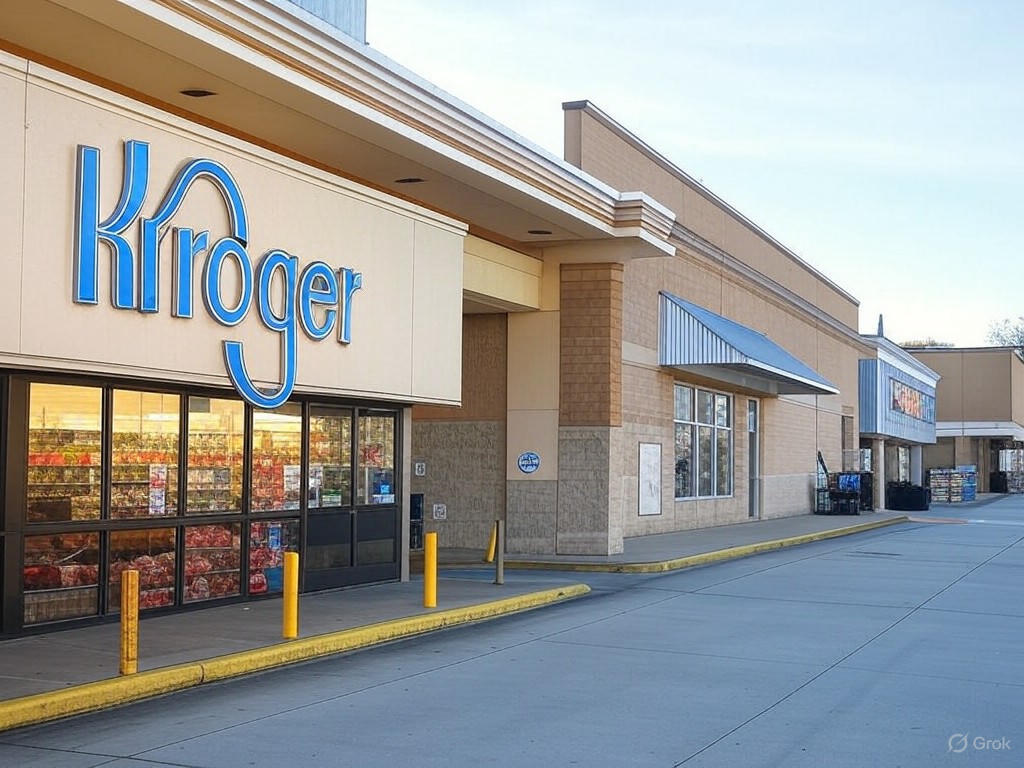Kroger’s Strategic Shift: Metro Atlanta Stores Among Dozens Closing Nationwide
In a surprising move that has sent ripples through the retail sector, Kroger, one of America’s largest grocery chains, has revealed plans to shutter up to 60 stores across the country by the end of 2026. Among the affected locations are four stores in metro Atlanta, a decision that has sparked concern among local shoppers and employees alike. This announcement, made over the weekend, signals a significant pivot for the company as it grapples with evolving market dynamics and consumer preferences.
The decision to close these stores comes at a time when the grocery industry faces intense competition from both traditional rivals and digital disruptors. With the rise of e-commerce and delivery services, many brick-and-mortar retailers are reevaluating their physical footprints to focus on profitability and efficiency. Kroger’s strategy appears to align with this trend, as the company likely aims to streamline operations by shedding underperforming locations. While specific reasons for the closures in metro Atlanta remain undisclosed, industry analysts speculate that factors such as declining foot traffic, high operational costs, and proximity to other Kroger outlets may have played a role. These closures are not just numbers on a balance sheet; they represent a shift in how communities access essential goods, particularly in areas where Kroger has been a household name for decades.
For metro Atlanta residents, the impact is immediate and personal. The four stores slated for closure have long served as convenient hubs for groceries and household needs. Shoppers now face the inconvenience of traveling farther to alternative locations or turning to competitors. Beyond the customer base, the closures raise questions about the fate of employees at these stores. While Kroger has yet to release detailed plans for staff relocation or severance, the potential loss of jobs could have a ripple effect on the local economy. Community leaders and labor advocates are already calling for transparency and support for affected workers, urging the company to prioritize their well-being during this transition.
Looking ahead, Kroger’s broader strategy may involve reinvesting resources into high-growth areas such as digital platforms, delivery services, and innovative store formats. The grocery giant has been experimenting with automated fulfillment centers and partnerships with tech companies to enhance its online presence. By closing underperforming stores, Kroger could redirect capital toward these initiatives, positioning itself as a leader in the future of retail. However, this transformation comes at a cost to communities like those in metro Atlanta, where the absence of a nearby Kroger may leave a void in accessibility and convenience.
As the 2026 deadline approaches, the full scope of Kroger’s restructuring will become clearer. For now, metro Atlanta residents and Kroger loyalists nationwide are left to adapt to a changing retail landscape, hoping that the company’s long-term vision will balance innovation with the needs of the communities it serves. This chapter of closures may mark the end of an era for some stores, but it also opens the door to a new phase for one of America’s retail giants.


